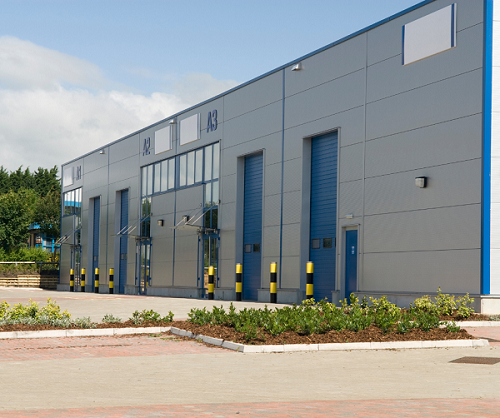We're hiring! if you'd like to join one of our award winning teams, read more on our Careers page.
As a landlord in the UK, dealing with commercial tenants can be a complex and challenging task. There are many different aspects that need to be considered. Landlords need to understand the legal framework, review the rights and obligations that should be included within the lease agreements, and deal with disputes that may arise between parties during the term of the lease.
Understanding the Legal Framework
The first step in dealing with commercial tenants is understanding the legal framework that governs commercial leases. The Landlord and Tenant Act 1954 is the primary legislation that regulates the relationship between landlords and commercial tenants in England and Wales. By default, this Act provides protection (known as “security of tenure”) to business tenants by granting them the right to renew their lease at the end of the term, subject to certain exceptions.
A few other key Acts that govern commercial leases are the Landlord and Tenant Act 1927 which provides guidance with regards to tenant improvements and assignments and the Law of Property Act 1925 which governs areas such as forfeiture. These are both useful frameworks to consider when dealing with commercial tenants.

Lease Agreement
The lease agreement is a legally binding contract between the landlord and the tenant. It outlines the terms and conditions of the lease, including the duration of the lease, the rent payable, and the responsibilities of both parties.
When setting up a lease agreement, it is important to ensure that it is clear and unambiguous. The lease should clearly state the rent and other charges due, the length of the lease, the procedure for rent reviews, and the rights and obligations of both parties. It is highly advisable to seek legal advice when drafting a lease agreement to ensure it complies with the law and protects your interests as a landlord.
Dealing with Disputes
Disputes between landlords and commercial tenants can arise for a variety of reasons, such as rent arrears, breach of lease terms, or disagreements over repairs and maintenance.
The process for resolving disputes will depend on the nature of the dispute. For instance, if the dispute relates to rent arrears, you may be able to take action to recover the arrears or terminate the lease. If the dispute relates to a breach of lease terms, you may need to apply to the court for a declaration or injunction. Again, prudent drafting of the lease will ensure that as Landlord you have the best protections in place when dealing with such disputes.
Maintaining the Property
As a landlord, you will often have a legal obligation to keep parts of the property in a good state of repair. This includes ensuring that the structure and exterior of the property are in good condition and that the property is safe and fit for use. Regular inspections and maintenance can help to prevent problems from arising and can also help to identify any issues at an early stage. It is also important to respond promptly to any repair requests from your tenant.
When the whole of the property is let to the Tenant, you will need to ensure the obligations in the lease set out the Tenant’s responsibility to keep the property in good and substantial repair. Generally, this will be the case even if the property is in poor repair when the lease is granted but, occasionally, parties may agree a Schedule of Condition which will allow the Tenant to return the Property to the Landlord in the same condition as when the lease was agreed. Again, regular inspections of the property ensure that you as Landlord protect your investment and that the Tenant is not in breach of their repair obligations under the Lease.
Conclusion
Dealing with commercial tenants in the UK requires a good understanding of the legal framework, careful drafting of the lease agreement, effective dispute resolution strategies, and diligent property maintenance. These guidelines will assist to build a positive relationship with your tenants, protect and preserve the value of your investment, and hopefully ensure a steady rental income.



 Andrew Ashley-Edwards
Andrew Ashley-Edwards Khalid Mughal
Khalid Mughal Roger Matharoo
Roger Matharoo Connor Martin
Connor Martin
Comments